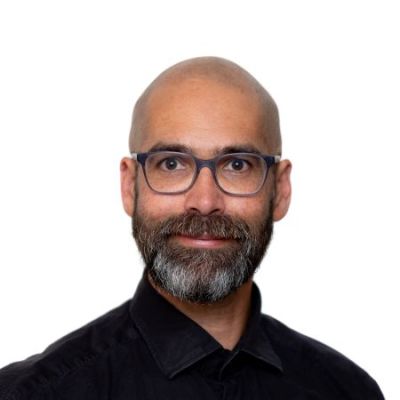Europeana Foundation Annual Report 2022
Explore the highlights from the work of the Europeana Foundation in 2022 and hear from some of the people who have made them possible.
Explore the highlights from the work of the Europeana Foundation in 2022 and hear from some of the people who have made them possible.
2022 was a significant year for the Europeana Foundation. Following seven years leading the consortium to deliver the Europeana Digital Service Infrastructure, in September 2022 we started the deployment of the common European data space for cultural heritage with partners from across Europe. This new flagship initiative of the European Commission works to accelerate the digital transformation of Europe’s cultural sector, and foster the creation and reuse of content in the cultural and creative sectors.
As we undertook this exciting new role, we were delighted to be able to look back on the successes of the Europeana DSI. Its achievements laid the foundation for the data space, and we will build on these to accelerate the digital transformation of the cultural heritage sector and make more digitised cultural heritage available to all for reuse in the coming years.
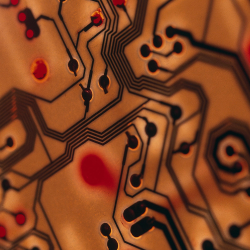

While still dealing with the changes brought about by the COVID-19 pandemic, we continued to respond to other challenges too: threats to democracy are having repercussions for cultural heritage organisations; there’s a continued imperative to develop as a more diverse and inclusive organisation; and there’s a pressing need to minimise the negative impact that our sector has on our very planet. With participatory practices and a collaborative approach, we continued to convene our partners across the sector and the Europeana Initiative to address these challenges together.


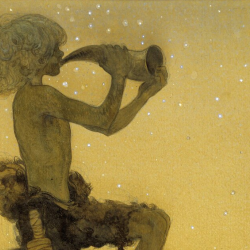
As ever, it is a shared belief that culture can be used for good that brings us together, that drives us and that helps us deliver on our promises.
Here, we look at some of the further highlights from delivering the Europeana Foundation Business Plan 2022 and hear from some of the people who have made them possible.
We completed many Generic Services projects, launched new ones to support the new data space for cultural heritage, and saw exciting new collaborations. Highlights include the development of a state-of-the-art machine translation tool with Europeana Translate, new resources for education, and the launch phase of a multi-million Euro partnership - the EIT Culture and Creativity Innovation community.


Working on projects where different people, from different European countries, come together for the love of culture and do their best for the cultural heritage sector is inspiring!
We’ve worked hard on improving our aggregation infrastructure (to get cultural heritage material in) and our data publishing process (to share it with the world). We know that an understanding of copyright law is vital to our partners, so we’ve shared our knowledge on the subject. We’ve encouraged people to get involved in data matters through the St George on a Bike project, and we’ve shared the real benefits that institutions have seen from publishing data with us.
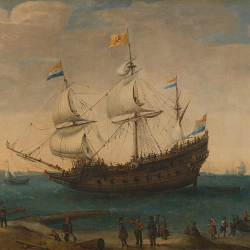
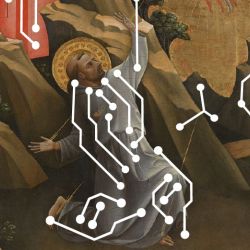
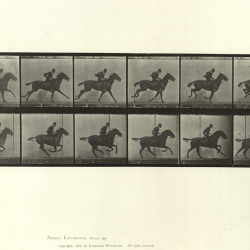
In order to improve data quality, you need a good team. It has been fantastic working with colleagues across the Foundation with so much expertise - in IIIF, licenses, networking, documentation … I was very happy that together we were able to support so many data partners in 2022!

We want everyone to be able to use and enjoy digital cultural heritage. We’ve shared fascinating editorial throughout the year, including on the themes of Women’s history, Black history and LGBTQ+ communities. We’ve taken heritage to students via innovative projects like Built With Bits, and we’ve provided grants for researchers to explore their own crowdsourcing projects.
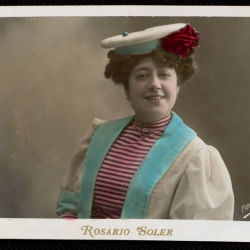
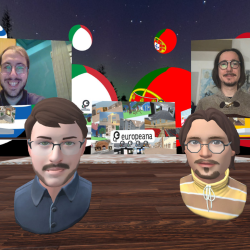

It was a pleasure to work with new partners in education, build projects that will have sustainability, and get close to students; their commitment to our programmes was a highlight!
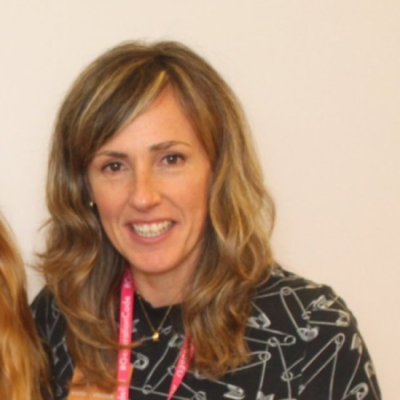
The Europeana Foundation is dedicated to supporting the cultural heritage sector in building capacity for digital transformation. In 2022, we hosted our first hybrid conference, ran our massive open online course for educators in four languages, and took on learnings from our Task Force focussed on digital transformation.

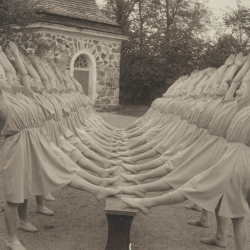

I was excited by the development of our training offer in 2022. We gained insights, developed sustainable training resources and delivered some great sessions. I hope our experiences can inspire the sector - and other data spaces!
